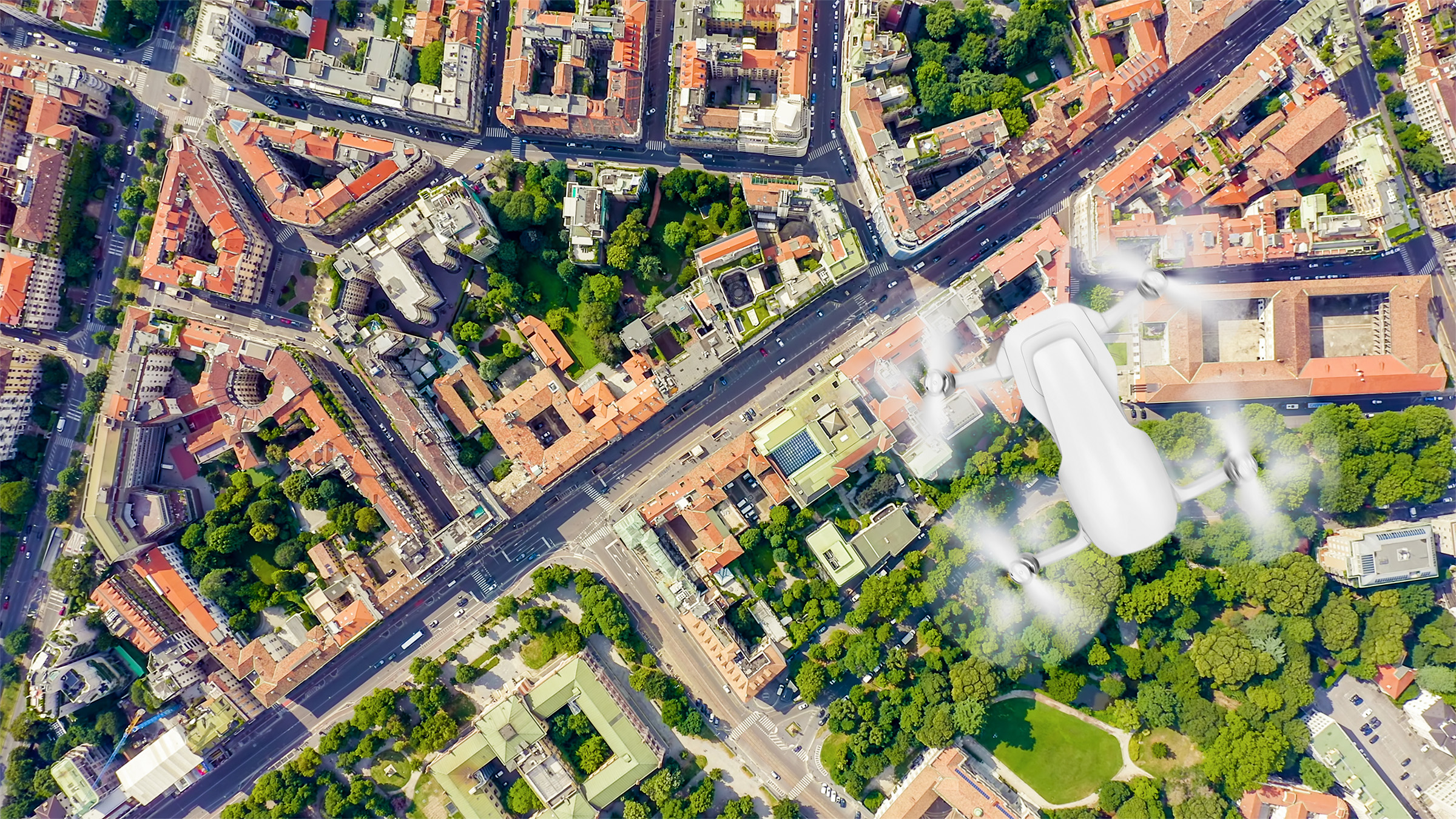Assessing drone adoption readiness with an Evaluation Framework
The evaluation framework developed for the CITYAM project is based on the societal embeddedness evaluation framework (Geerdink et al. 2020) which has been adjusted to be suitable in the context of drones.
The evaluation framework builds on top of the technology readiness assessment framework and distinguishes four levels of societal embeddedness (SEL) of a technology:
- SEL1 Exploration
- SEL2 Development
- SEL3 Demonstration
- SEL4 Deployment
Societal embeddedness is assessed in each of the following four dimensions: Environment, Stakeholder Involvement, Policy & Regulations, and Market & Resources.
The evaluation framework has several roles in the CITYAM project.
First, it evaluates the readiness of each of the six partner cities to adopt drones. This is done with the help of four evaluation questionnaires, each of which focuses on one of the aforementioned dimensions. The questionnaire also functions as a checklist of activities that a city should implement to ensure that the adoption of drones considers wider societal concerns.
Second, the framework will be used to assess the impact of the CITYAM project on the partner cities. This will be done by carrying out the evaluation two times during the project: in spring 2024 and spring 2025. The evaluations will be compared, and lessons will be drawn up for further international scaling.
The societal embeddedness assessment framework adjusted to meet the CITYAM project requirements will be publicly available. Any city or municipality that wishes to assess its current readiness to adopt drones and monitor their progress can use the framework for that purpose.




